Flooding: Everything You Need to Know
I don’t need to tell you how dangerous flooding can be. Floods are the most common natural disaster in the United States. Whether it’s extreme or minor, flooding can wreak havoc on your life. All the flooding in California this past week has prompted me to update this post from a few years ago. We’ve seen some significantly different weather patterns from previous years during the past couple of winters. We still have a few weeks where much of this water year’s volume is expected. Stay tuned!
Below, we will guide you on how to be prepared for a flood, when to evacuate, and how to get your life back together after a flood.
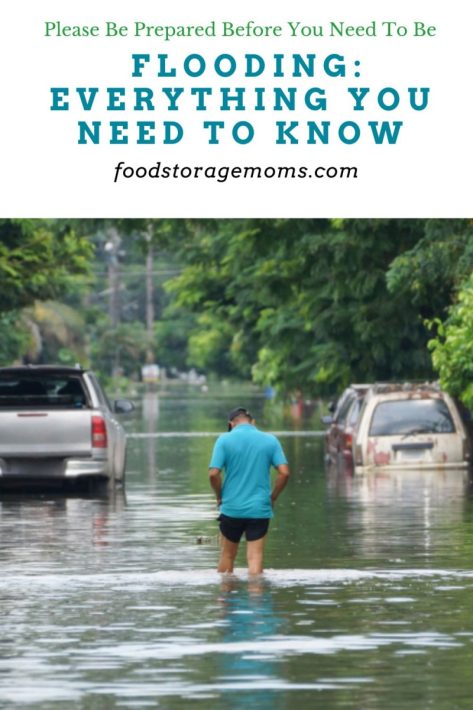
Types of Floods
When it comes to floods, two different types of floods have been the common problem. They are flash floods and river floods. Flash floods usually take more lives, whereas river floods cause a loss of property. Prepping for When Flooding Strikes
Flash Flooding
A flash flood is when runoff from excessive rainfall over a short time period causes a rapid rise in water height. If you live in an area that is dry or has rocky terrain, you are more susceptible to a flash flood. This is because there is a lack of soil or vegetation to absorb the water.
In a flash flood, water builds up very quickly and runs through ravines, creek beds, and other natural drainage areas that typically don’t see large quantities of runoff, especially in short time periods. The topography isn’t used to this amount of water and it running water not only fills the space but tends to gather loose debris along the way.
River Flooding
If you live next to a large river, river flooding is common. The river can rise and cause flooding when there are long-lasting rainstorms, a lot of snowmelt, ice jams, or high tides.
Severe Storm System Flooding
The flooding problems in California this past week have been caused by a severe storm system that has prompted heavier-than-usual rainfall over a large area for an extended period. The heavy rains have saturated the soil and caused the rain runoff to generate landslides and unmanageable drainage. This has caused drainage systems to overflow, pushed homes off their foundations, and made many streets undrivable.
Knowing what types of floods can happen in your area is a great way to begin to prepare for a flood before it happens.
Why are Floods Dangerous
Did you know that only six inches of moving water can knock you off your feet? The issue with flooding is not only that there is water standing in low-lying areas, but the bigger problem is that it moves, taking people, animals, and property along the way. Here are some things you need to know:
- Floodwaters move at fast speeds that can roll boulders and cars, tear out trees, destroy buildings, and obliterate bridges.
- Walls of water can reach heights of 10 to 20 feet, which means you need a boat to move from one place to another in areas where it has settled, including when you need to evacuate to higher ground.
- Deadly cargo and debris can be moving around in floodwaters.
- Cars can easily be swept away in just 2 feet of moving water.
- Floods cause power lines to fall, resulting in power outages and dangerous threats to life.
- Even small floods disrupt transportation.
- Flooding can create landslides that can be even more dangerous.
How to Prepare for Flooding
Even if you live in an area that gets minor flooding, you can still have to deal with the effects of a power outage, roads being blocked off, and the inability to make it to the store safely. Thus, you should be prepared for a flood or any natural disaster at home. Here are some ways you can prepare for flooding before it happens:
Know Your Flooding Risk
Do you live in an area that floods easily? What kind of flooding risk do you have in your area? You can visit FEMA’s Flood Map Service Center to get information about flooding in your area. This will help you to know what risks you have. If you have a flash flooding risk, be sure to monitor potential signs, such as a lot of rain over an extended period.
When you purchased your home you might have been required to get homeowners flood insurance coverage. There are floodplains that have been in existence for centuries, and hopefully, you don’t live in one. Also, drainage from heavy rains can change over time as home and commercial development take place in new construction zones.
Get Emergency Alerts
You can sign up to get emergency weather alerts on your phone. Sign up for your community warning system. You can also find out about emergency alerts from the Emergency Alert System and National Oceanic and Atmospheric Administration on NOAA weather radios. It’s a great idea to have a solar-powered radio.
The National Weather Service (NWS) puts out warnings that often go out across TV broadcasting systems based on forecasters’ weather alerts, particularly when a flash flood or coastal flooding warning is needed.
Purchase or Renew Flood Insurance
When you purchase insurance for your home, it doesn’t generally include flood insurance. Check with your insurance company to ensure you have flood insurance if you are in a high-risk area. If you don’t have it in place, you’ll want to purchase it separately if you live in a high-risk area. You can get flooding insurance under the National Flood Insurance Program.
Stock Up on Emergency Items
Because you could be without power or the ability to get to the store for a few days to several weeks, you should stock up on things you will need. This includes:
- Food: Start stocking up on foods that have a long shelf life.
- Water: You will need clean water. You need to have 4 gallons of water per person per day stored. Read: How to Store Water for Drinking and Cooking. You can’t count on using the water in your water heater as a backup plan since water from your local municipality may be contaminated.
- First Aid Kit supplies: You may not be able to get to the doctor, so, make sure your first aid kits have everything you need. Read First Aid Kits: Everything You Need to Survive. This includes medication you may take on a regular basis, plus over-the-counter items for sickness.
Ready Your Important Documents
Documents such as your flood insurance policy, birth certificates, social security cards, and other important information should be kept in a waterproof container. Additionally, you can create an Important Documents Emergency Binder so you can grab it when you need to evacuate.
Know Evacuation Routes
In many cases, evacuation is the only option. So, before you get to the point where you have to evacuate, know the routes you would take due to less possible flood damage to roads. Make a plan with members of your household as to where you would go, how you would get there from various places you frequent, and how to get everyone to a safe location.
Ready Your Car
If you live in an area where flooding can get bad quickly, you should have your car ready for evacuation. Check out Car Survival Items Needed in your vehicle so you are prepared for the event of an evacuation.
Flooding Evacuation
If you are told to evacuate, do so immediately. You would not have an evacuation warning if everything was ok. If you are told to evacuate, here are some things you need to know:
- You can find a list of open shelters around your area on the FEMA app.
- Listen to your solar-powered or hand-crank radio for instructions on how to evacuate safely.
- Leave early enough to avoid being stuck in traffic or inclement weather.
- Take your emergency documents binder with you.
- Secure your home by locking doors, shutting windows, and unplugging electrical equipment.
- If instructed, shut off water, gas, and electricity to your home.
- Contact extended family members or close friends to let them know where you are and where you are going.
- Follow recommended evacuation routes. If you don’t, roads could be blocked off resulting in more danger.
After The Flood
After the flood, you’ll want to inspect your home, and your property, and see if there is any damage that has been done. If there is damage, be sure to take pictures and call your insurance company right away. Getting your life back together will happen one day at a time. Begin by cleaning up what you can, calling your insurance company, and getting food and water supplies.
Having to deal with things like raw sewage can have other risk factors like dealing with bacteria and viruses, besides chemicals in the water. Those heavy thunderstorms might have caused your basement to fill with the overflow from your yard. If so, mold could become a challenge to carpet and sheetrock. You’ll want to have professionals deal with that issue too. If your home has a sump pump, having to turn off the power might have caused additional damage since the pump won’t work without power.
Final Word
Once the flood has subsided, authorities will release information and instructions for returning home. Being prepared makes it so much easier to get out during a flood and be protected. Once the risk of flooding is over, here are some things you need to know:
- You may find snakes or other animals in your home. Wear gloves and boots during cleanup.
- There may be a risk of electrocution. Don’t touch electrical equipment if it is wet or if you are standing in the water.
- Floodwater can be contaminated. Try not to wade through floodwater if possible. Don’t swim in it or be tempted to drink it.
Are you prepared for a flood in your area? Share the steps you have taken to prepare for a natural disaster in the comments below! May God bless this world, Linda
Copyright Images: Flooding Depositphotos_8149991_s-2019, Street Flooding in Miami AdobeStock_159126181 By Light_magic, Man Walking on Flooded Road AdobeStock_301920750 By weerapat1003

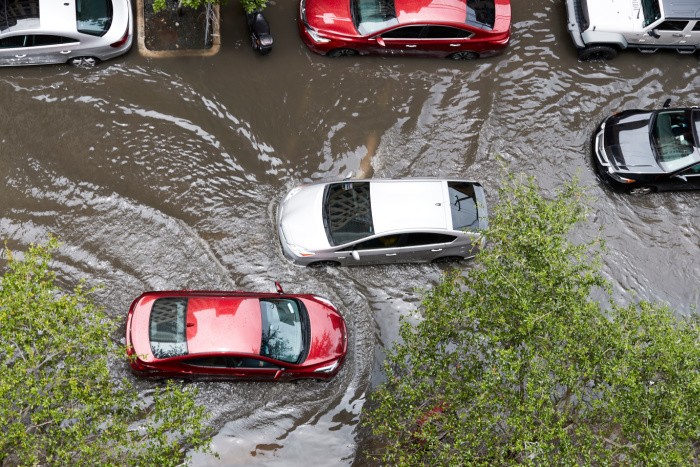

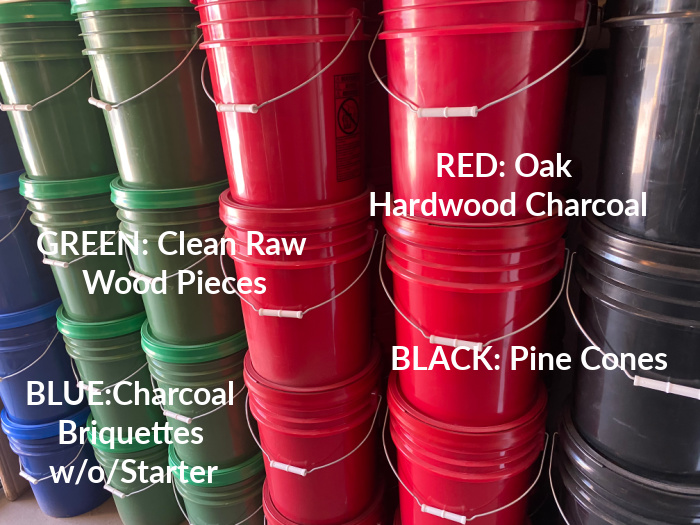
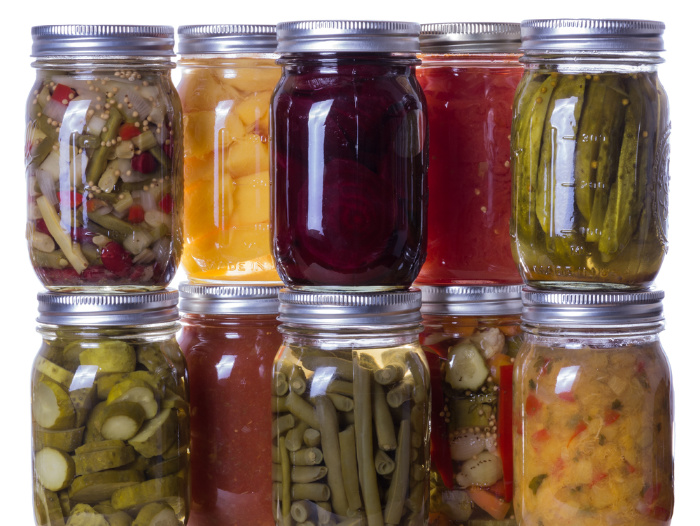
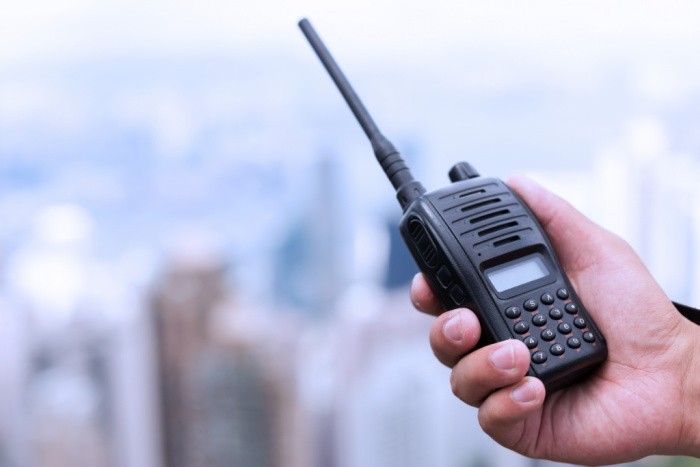

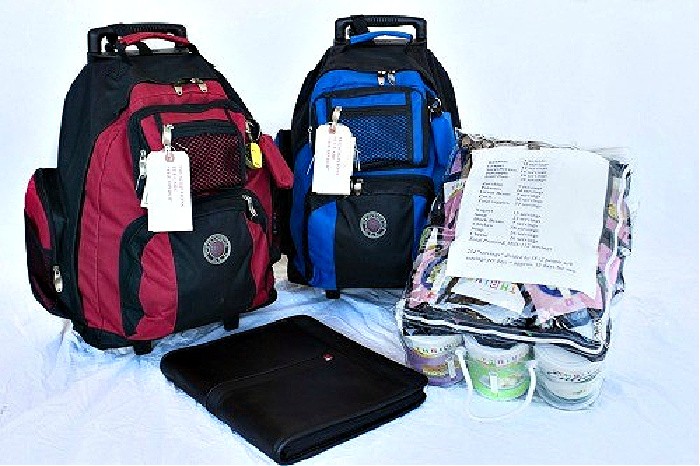
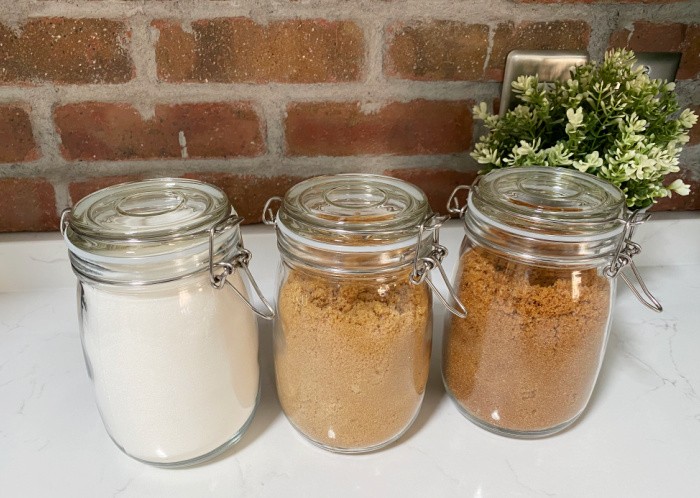

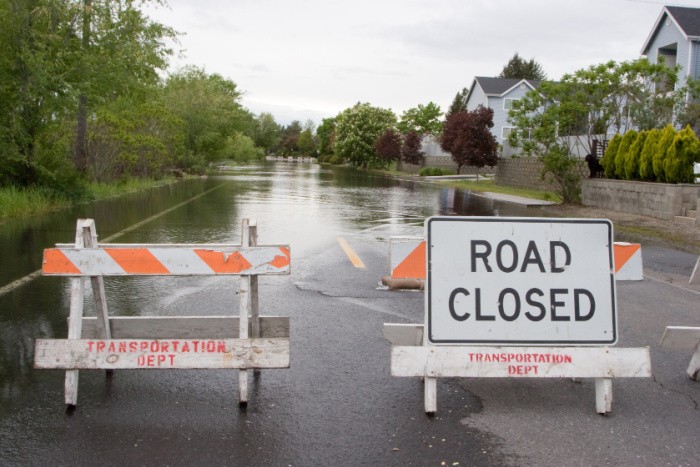

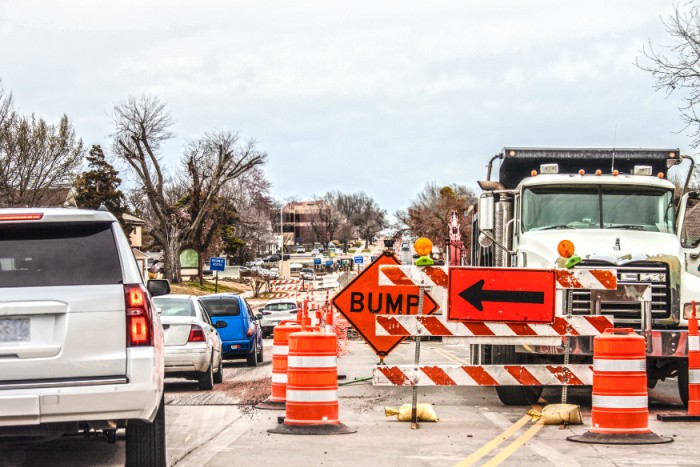
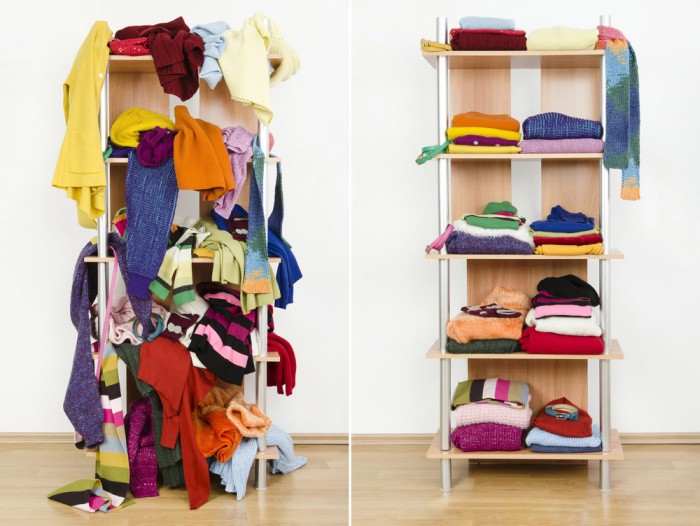
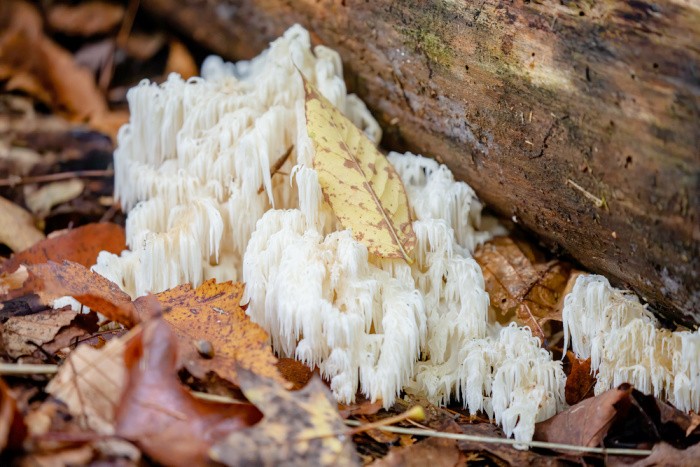
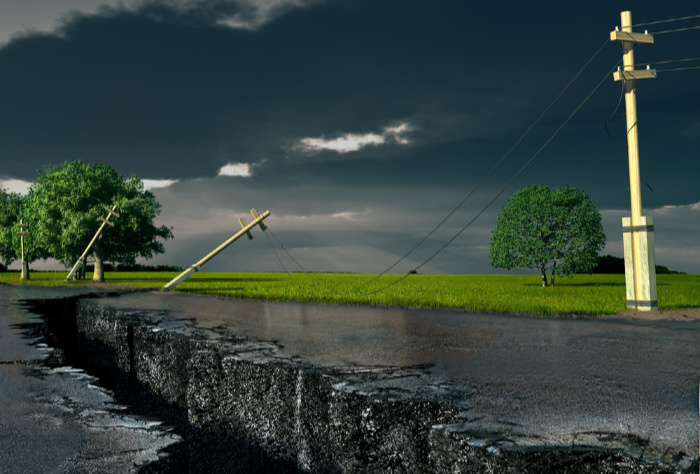
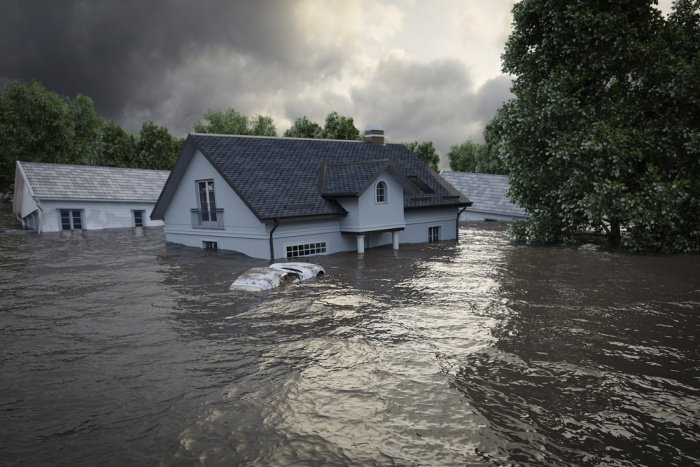
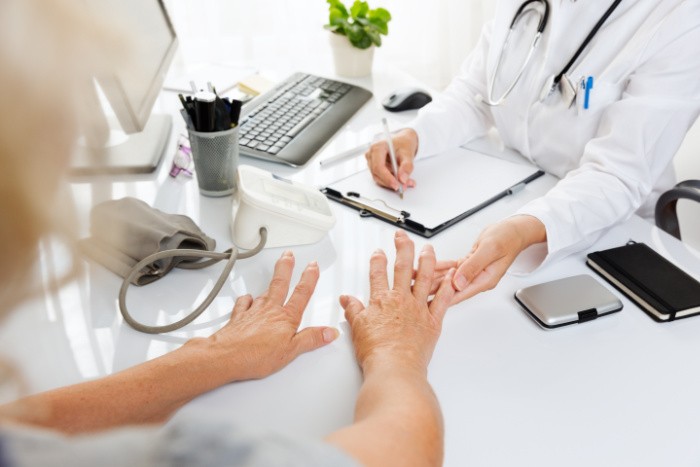
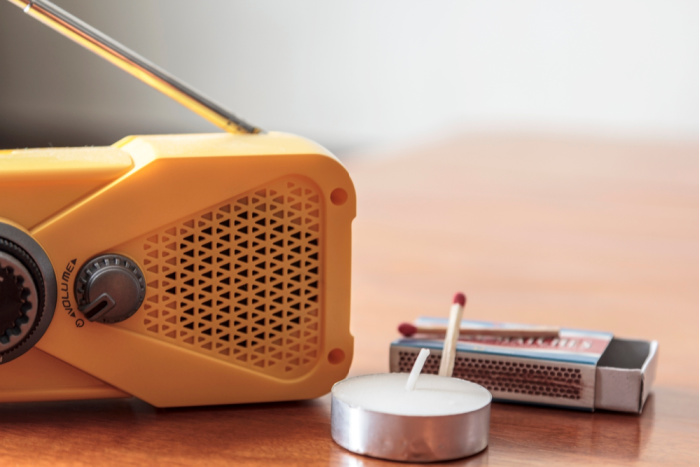
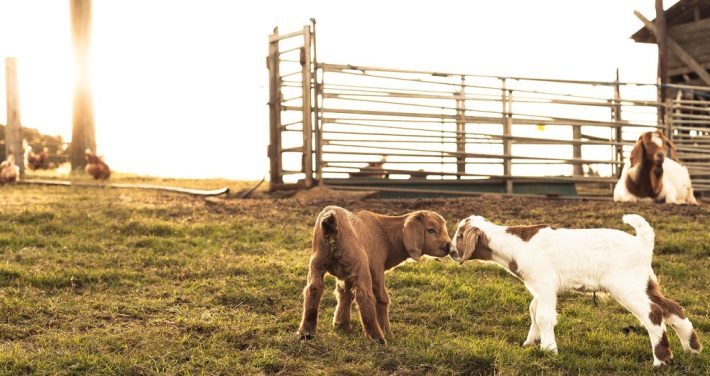

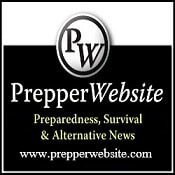
Aw, Linda, if only the younger ones paid attention…I simply ‘force’ my car preps into theirs, tho both have used my car preps over the yrs. My roadside assistance was declined as part of our insurance policy this year. Now, that has to do with only usage, whatever. But, I’ve tried to teach my younguns how to stay alive. Oh,and then,apply for mncare?
Hi Wendy, what is mncare? Your roadside assistance was declined, wow???? Linda
My roadside assistance coverage was discontinued due to last yrs claims for one winter! Yes, I was irritated as we had only made one other in over 10 yrs of paid coverage. Then came last winter! I think we did 6. My co is Nationwide. To me, why offer this as a benefit when they can cancel if a person uses it? Anyway…as to mncare/sure, my home state had Obamacare but better decades before he took office. Um, no, we can’t have people moving here for this. I wish the people in Congress would use MN as an example of health care for everyone.
Hi Wendy, wow!! I would be irritated as well. The last few years have been brutal as far as weather. I agree with you on health care. I have heard about MN healthcare, great comment. I doubt we can get Congress to listen, just my two cents. Linda
Hmm! I don’t recall reading this post when it first came out.
Well, Wendy, get AAA – it will cost more than the roadside assistance on your car insurance but the only thing AAA does if you use your policy too much (not sure what the limit is) is that they then charge you for the service. For example, if you have your vehicle towed over the limit, they will bill you for any additional tows. I will NEVER be without AAA! It has saved my hind-end multiple times over the years!
I don’t have to worry too much about flooding where I live now but in the past I sure did. When the ground gets saturated and cannot hold any more water, flooding occurs! Another thing that needs to be addressed along with the flooding is landslides. Don’t know if anyone remembers Oso Washington – tiny town that was obliterated by a massive landslide. Not many survived that. Basically, an unstable hillside became saturated due to heavy rains in western Washington and the whole hillside slid. Unfortunately, there is not much of a way to prevent that from happening and, I suppose, not a lot one can do to prepare for it. You live where you live! There was no forewarning of the landslide either.
My advice is that if you live in an area that has “questionable” hills and valleys, and you get hit by very unusual rain patterns or a lot of snow melt, have that car packed ready to go. Use your intuition as well – most of us have the “gut” feeling!
HI Leanne, I agree, we never know when landslides will happen. The last 20 years or so who live where there is snow or heavy rainfall need to be ready for landslides. The weather has changed over the last 20 years or so, We used to have 100 year storms, then 500 year storms and last year we had a few 1000 year storms. This means the storms are getting worse because the weather is changing, I’m not a Meteorologist, but weather is getting worse in my opinion. I totally agree with you, “Use your intuition as well – most of us have the “gut” feeling” Love it! Linda